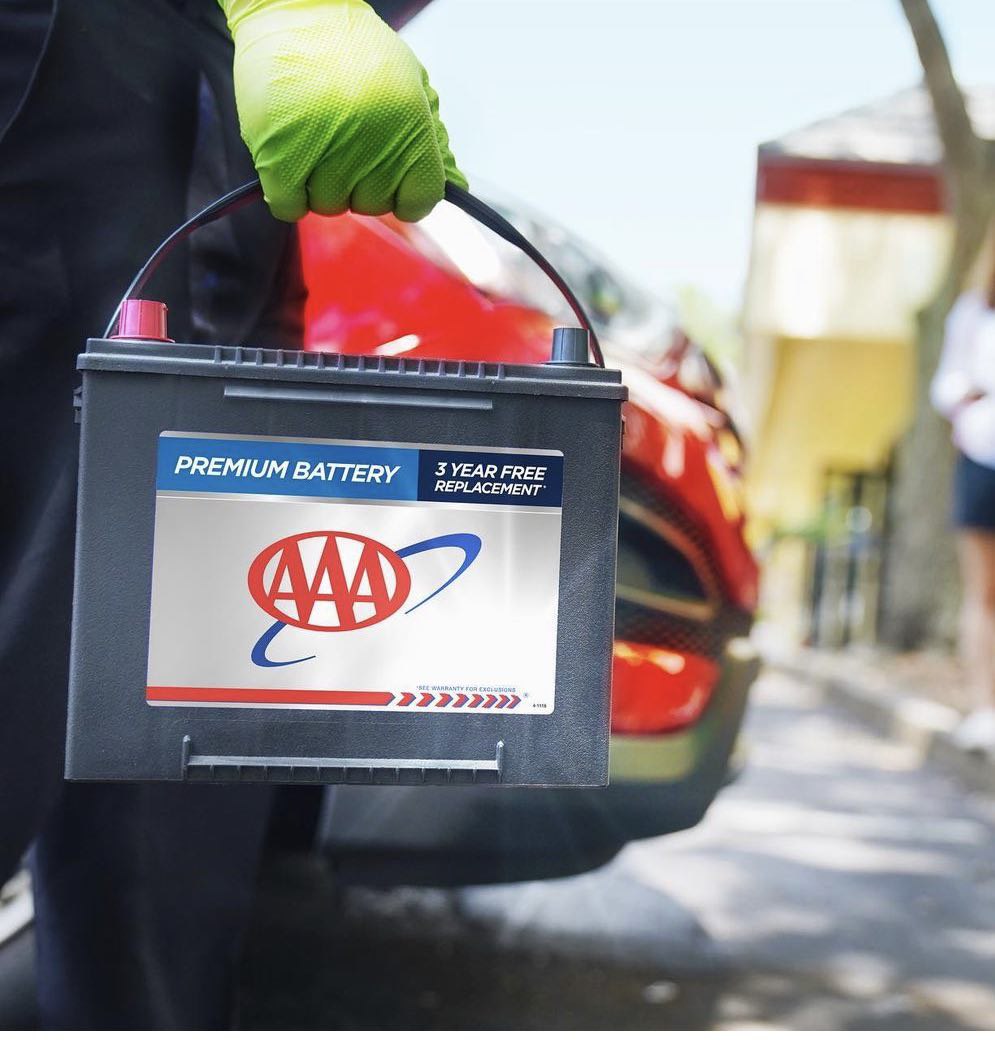A core charge is an additional fee that is applied to the purchase of a new car battery. Core charges are used to incentivize customers to return and recycle old car batteries, which can be reused or recycled rather than thrown away. Car batteries contain harmful materials, like lead and sulfuric acid, which must be disposed of properly to protect the environment. By introducing a core charge for car battery replacements, businesses provide customers with a financial incentive to bring their old batteries back for recycling or reuse—instead of disposing them improperly or sending them off for landfill disposal.
How Core Charging Works

Why Core Charges Are Necessary
Core charges are necessary to incentivize customers to recycle their old car batteries. It is essential because car batteries contain hazardous materials, such as lead and sulfuric acid, which must be disposed of properly to protect the environment. By introducing a core charge for car battery replacements, businesses encourage customers to return their old batteries for recycling or reuse—instead of disposing them improperly or sending them off for landfill disposal.
Additionally, core charges help businesses cover the cost of properly disposing of or recycling old car batteries. Before a new battery can be installed in a vehicle, the business must dispose of the old one in an environmentally responsible manner—which can add up quickly in terms of labor and disposal costs. By charging customers an additional fee at checkout (the core charge), businesses recoup some of these costs and have more resources to spend on disposing and recycling used batteries safely and responsibly. Also read about Best Group 65 Battery.
Tips for Saving Money on Car Battery Replacements with Core Charges
If you’re looking for ways to save money on car battery replacements with core charges, there are a few steps you can take:
-
Look for businesses that offer discounted core charges. Many businesses offer discounts on their core charges if customers return their old batteries within a certain time. Do your research and look for deals before purchasing your new car battery.
-
Take advantage of rebates and store credit programs. Some businesses offer rebates or store credits when customers return their old batteries for recycling or reuse. Ask about these programs when shopping for a new car battery replacement with a core charge attached.
-
Follow the instructions correctly when returning your old battery. If done incorrectly, some businesses may not refund your core charge. So, it’s important to read all instructions carefully before returning your used battery to receive a full or partial refund on the associated core charge.
Conclusion
Core charges are an additional fee that businesses add to the cost of car battery replacements. They are used to incentivize customers to return and recycle their old batteries, instead of disposing them improperly or sending them off for landfill disposal. Core charges also help businesses cover the costs of properly disposing of and recycling used batteries. If you want to save money on car battery replacements with core charges, look for discounts, take advantage of rebates and store credits programs, and follow all instructions carefully when returning your old battery for a full or partial refund on its associated core charge.

